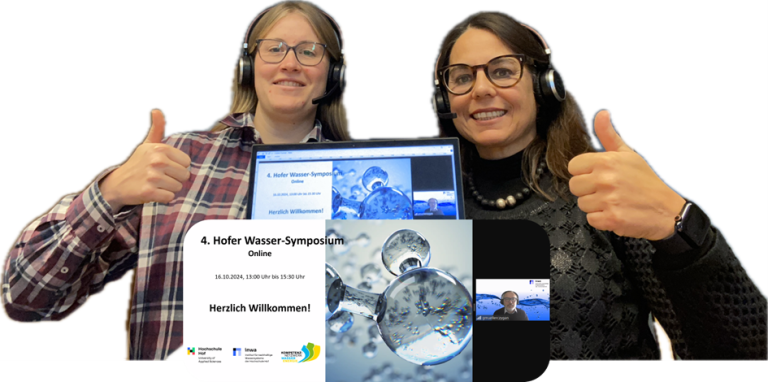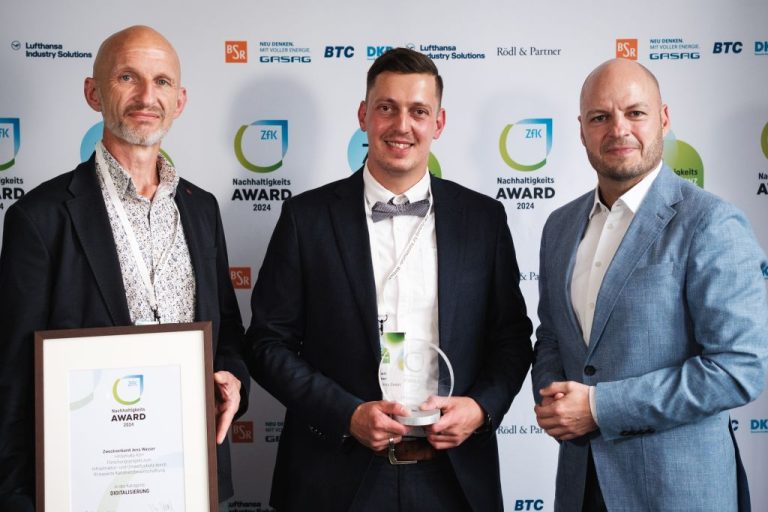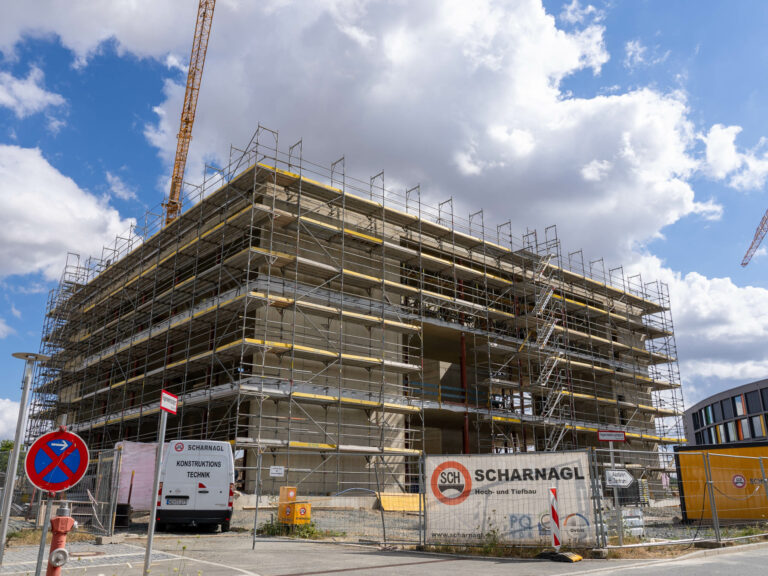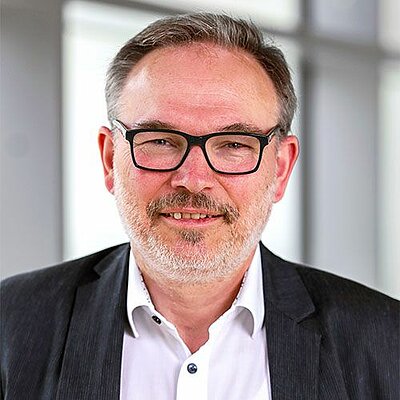Institute for Sustainable Water Systems at Hof University of Applied Sciences (inwa)
We know what
Water creates.
Application-orientated research and innovation development for business partners and the municipal sector.
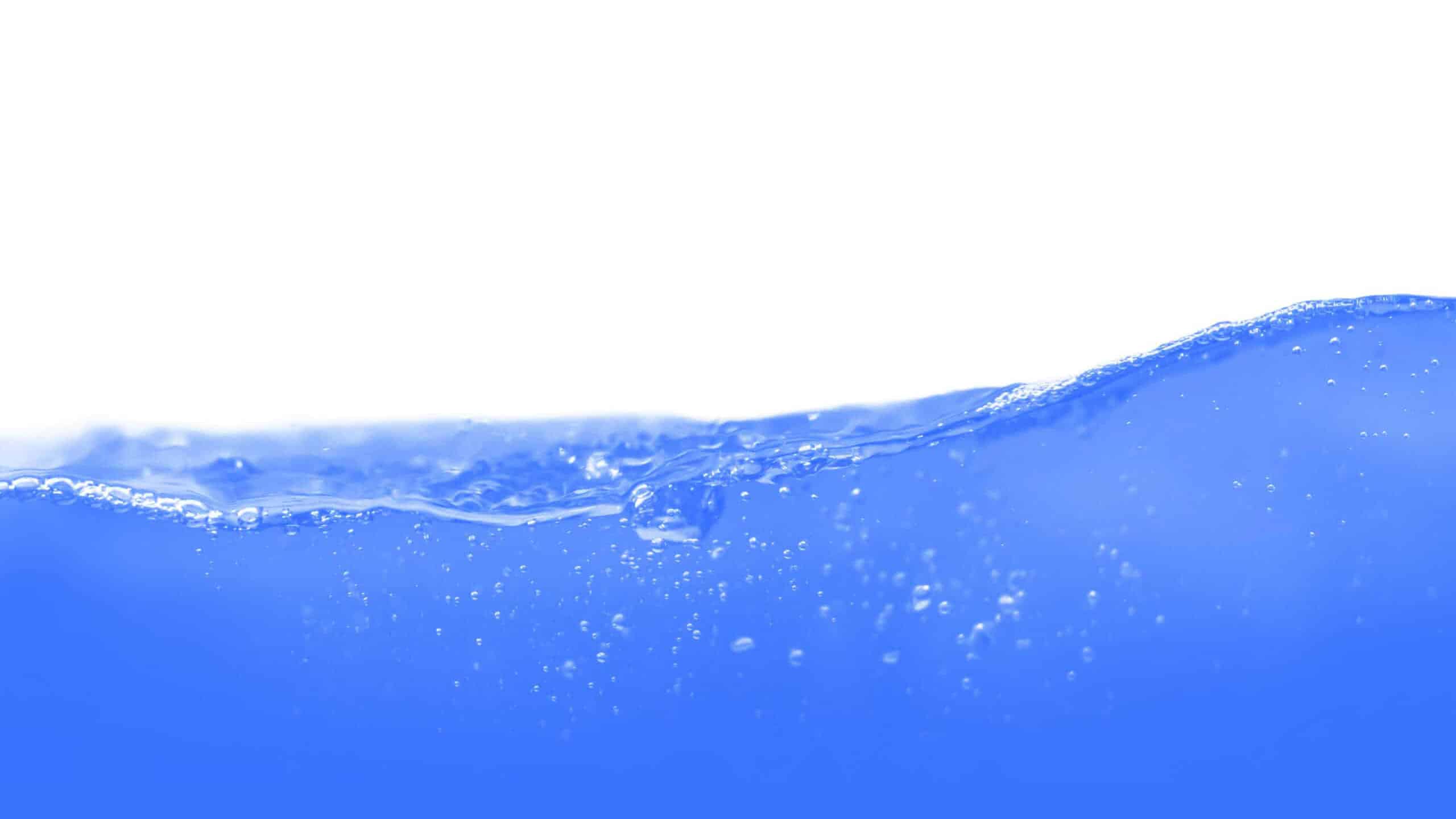
The Institute
The Institute for Sustainable Water Systems focuses on applied research and development in the key areas of sponge cities, photonics, and food production.
Research areas
The Institute for Sustainable Water Systems conducts research in the areas of sponge cities, photonics and food production as well as sustainability and digitalisation. One focus is on the transfer of knowledge from research results into practice, particularly for small and medium-sized enterprises and local authorities.
Foundation and development
The Institute for Sustainable Water Systems at Hof University of Applied Sciences was founded as an independent institute in March 2023, having emerged from the predecessor Institute for Water and Energy Management. With four research groups and around 15 academic staff, the focus is on application-oriented research and innovation development in the water sector for industry and local authorities.
Goal
Research activities centre on application-oriented innovation developments and transfer tasks with partners from trade and industry as well as local authorities and cities - both nationally and internationally. We have our own research networks for individual key topics such as the elimination of trace substances in wastewater.
ktns
Competence and transfer centre for a sustainable sponge city and region
The goals and tasks of the Competence and Transfer Centre for Sustainable Sponge City and Region (ktns) reflect the different needs of municipalities, specialist engineers, architects and urban planners that were expressed in the course of the SPORE project and the certificate course "The Road to the Sponge City - Urban Development in Times of Climate Change" to overcome the challenges posed by the effects of climate change.
Knowledge storage and transfer
Collect existing knowledge on the subject of the sponge city/sponge region in a web-based knowledge repository and transfer it to practice in the form of training courses or similar.
Counselling & Coaching
With the second focal point, we form the link between solutions from the knowledge repository and their preliminary examination for implementation by planning offices.
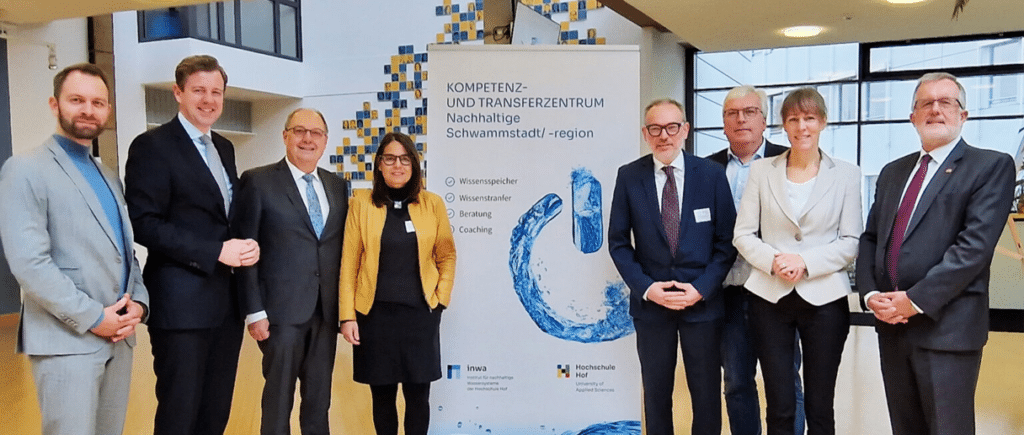
Research and development
Research groups
With around 20 scientists, inwa develops practical solutions for trade, industry and local authorities to tackle climate challenges.
Water infrastructure and digitalisation (DiWa)
Water infrastructure, digitalisation and knowledge transfer.
Sustainability and project management in water management (NaPro)
Methods for more project sustainability, Sustainability indicators and Instruments for analysing and optimising sustainability.
Resource-efficient food production in integrated aquaculture (ReLe)
Aquatic food production, Integrated aquaculture and aquaponics, Vermiculture, Resource-efficient systems (incl. renewable energy).
Photonics and water (PhoWa)
AOP procedure, Water reuse, Photonic processes, Innovative sanitary systems.

Projects
Further research projects
The research here is tough.

- Current

- Current

- Current

- Current

- Current
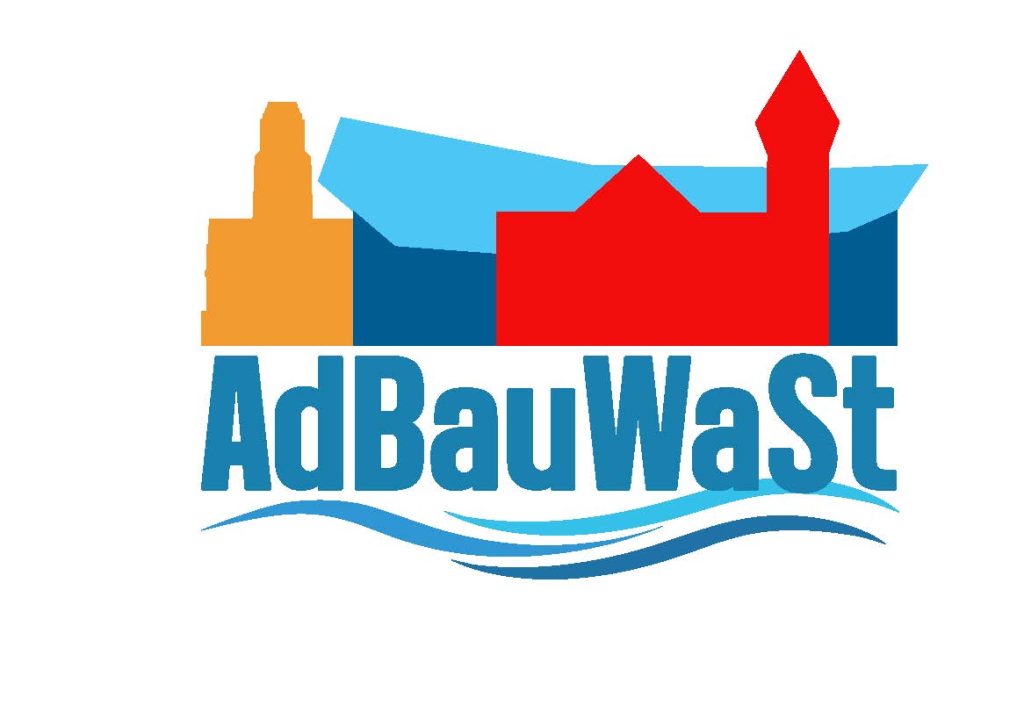
- Current
services
Much more than research.
We focus on applied research and offer various services.
Contract research
Monitoring, data collection, scientific evaluation, technical concepts, acceptance analyses and training in areas such as recruiting, sustainability and digitalisation.
Further training
Training and certificate courses in sponge city, skilled labour recruitment, sustainability and digitalisation to support municipalities and companies in extreme weather, skills shortages and digital challenges
Innovation consulting and support
Development and realisation of research ideas, including innovation consulting, procurement of funding, project management and coordination in our own research fields.
Water analysis
The technical equipment in our laboratories enables us to offer a wide range of analytical services.
Provision of research labs
The provision of our laboratory infrastructure and the associated measuring equipment opens up a wide range of possibilities.
Sustainability optimisation
Project management, process analysis and optimisation as well as implementation of sustainability factors.
Water management analysis and signposting for municipalities
Recording, defining and evaluating sponge city measures at different spatial scales.
Free tools
Useful aids and tools relating to the core topics of inwa.
"We have the pleasure of working with inwa as part of a ZIM network and two resulting research projects. We particularly appreciate the high level of expertise and the uncomplicated nature of the cooperation."
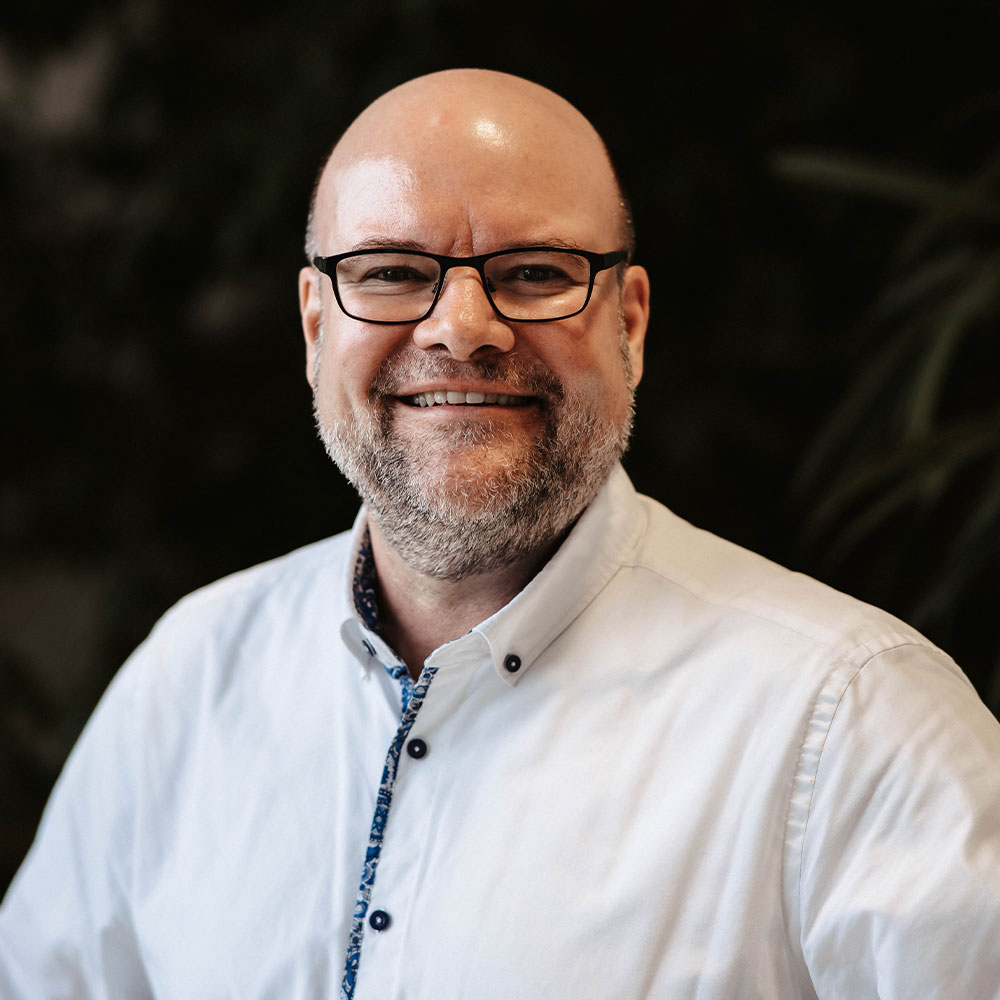
- Steffen Richter
Managing Director of Blue Foot Membranes GmbH, Saerbeck
Managing Director of Blue Foot Membranes GmbH, Saerbeck
"Our collaboration with the Institute for Sustainable Water Systems at Hof University of Applied Sciences was and is "strange" in the best sense of the word. In addition to a joint ZIM network, we were also able to successfully implement a funding project in the field of wastewater treatment in the pharmaceutical industry in India. The collaboration was fast, efficient and accompanied by a lot of curiosity and joy. "We like it!""
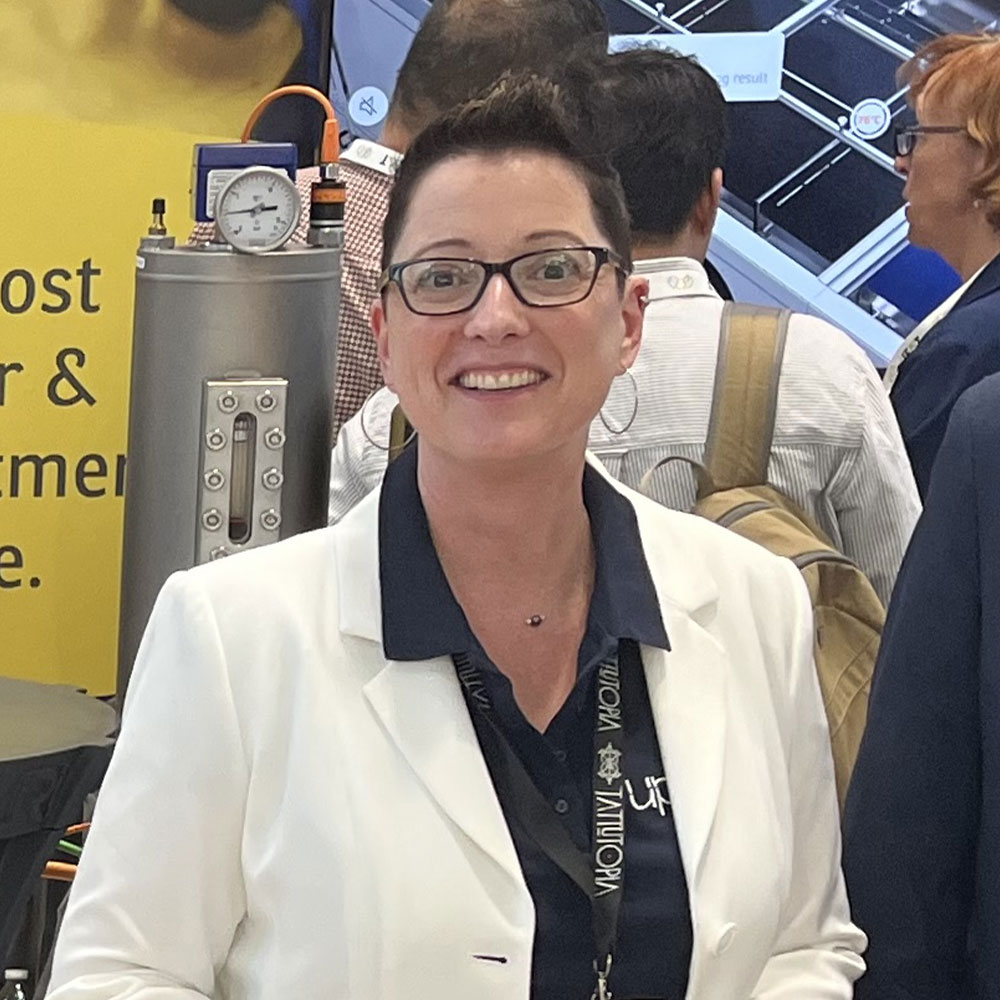
- Ulla Pöschl
Managing Director of up2e! GmbH
Managing Director of up2e! GmbH
Latest news
News and events
News about the inwa and its events.
Free tools
Simply achieve more.
Our free tools support you with a wide range of tasks.
Sustainability in the WaWi
.
Become part of the Institute for Sustainable Water Systems
Career and academic theses
Job offers and project, Bachelor's or Master's theses - you've come to the right place.
Research assistant (m/f/d) specialising in agricultural sciences, crop production and/or environmental sciences
JobsResearch assistant (m/f/d) specialising in engineering sciences and/or environmental engineering
JobsResearch assistant (m/f/d) for infrastructure automation and data persistence (DevOps)
JobsPreparation of an in-depth risk analysis of the sponge stadium and development of solutions to improve teaching
Final thesisCreation of a guideline for sponge concepts in German industrial and commercial areas
Final thesisDevelopment of textile-based green facades (2 internship positions and Master's topics)
Final thesis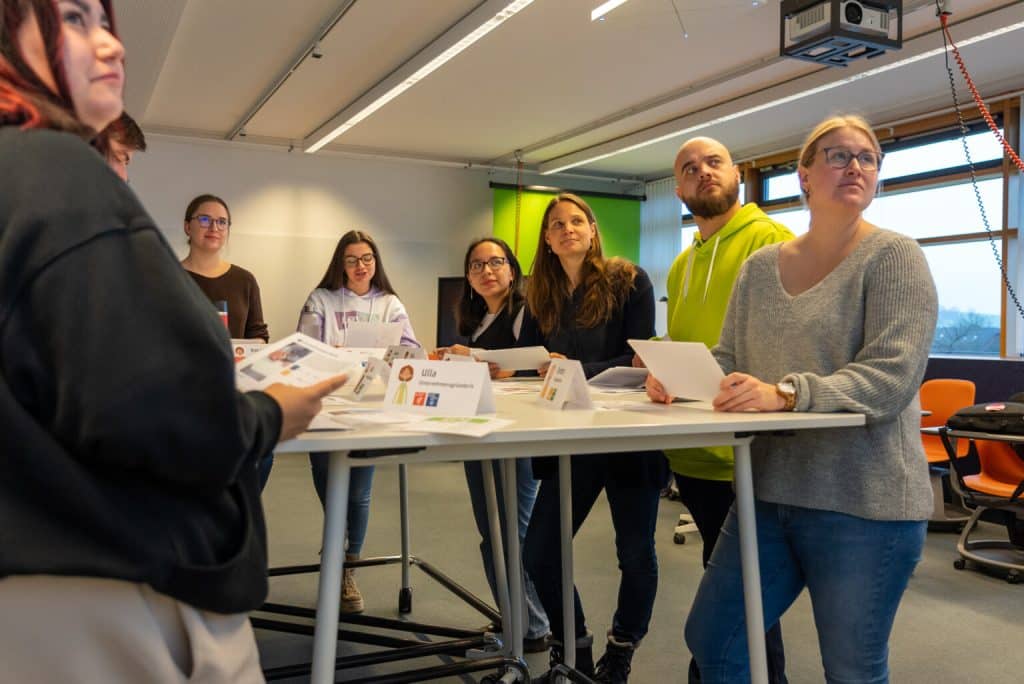
Contact us
Contact person
The inwa is managed by an institute management consisting of all research group leaders. One member of the institute management takes on the role of spokesperson for the external presentation of inwa and represents the organisation of the institute.
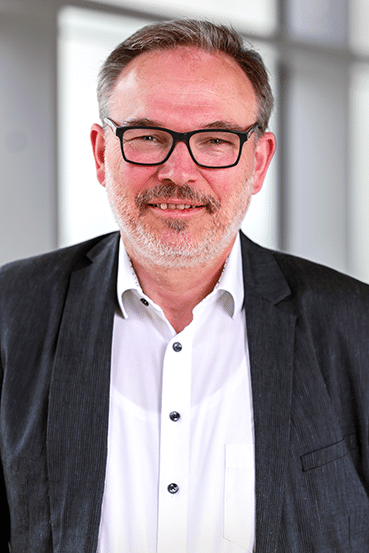
Prof Günter Müller-Czygan
Institute Director; Research Group Leader
Water infrastructure and digitalisation (DiWa)
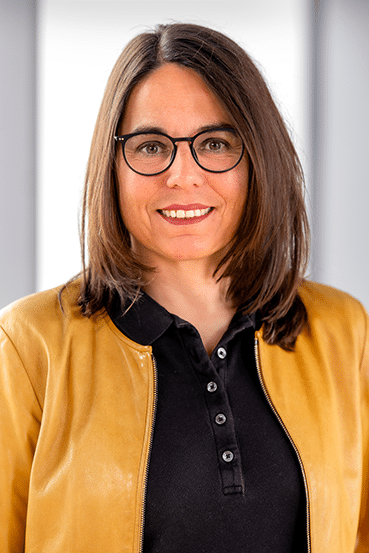
Prof Dr Manuela Wimmer
Deputy Head of Institute; Research Group Leader
Sustainability and project management in water management (NaPro)
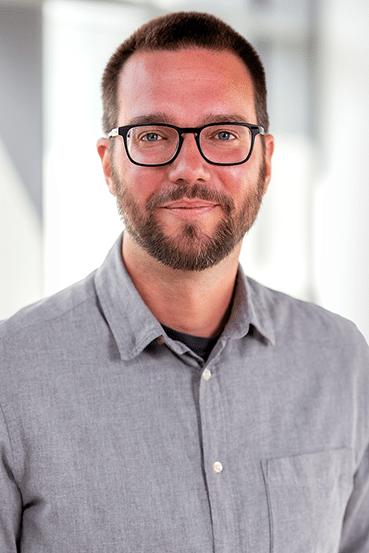
Dr Harvey Harbach
Research group leader
Resource-efficient food production in integrated aquaculture (ReLe)
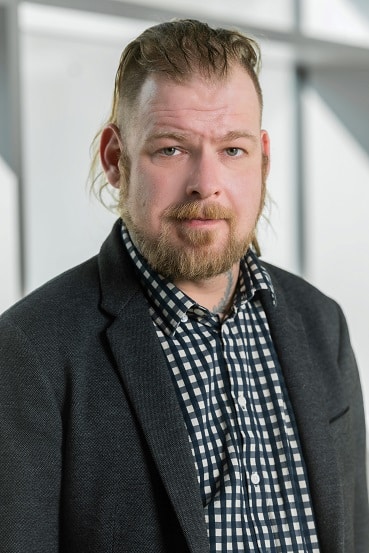
Prof. Dr Tobias Schnabel
Research group leader
Photonics and water (PhoWa)

